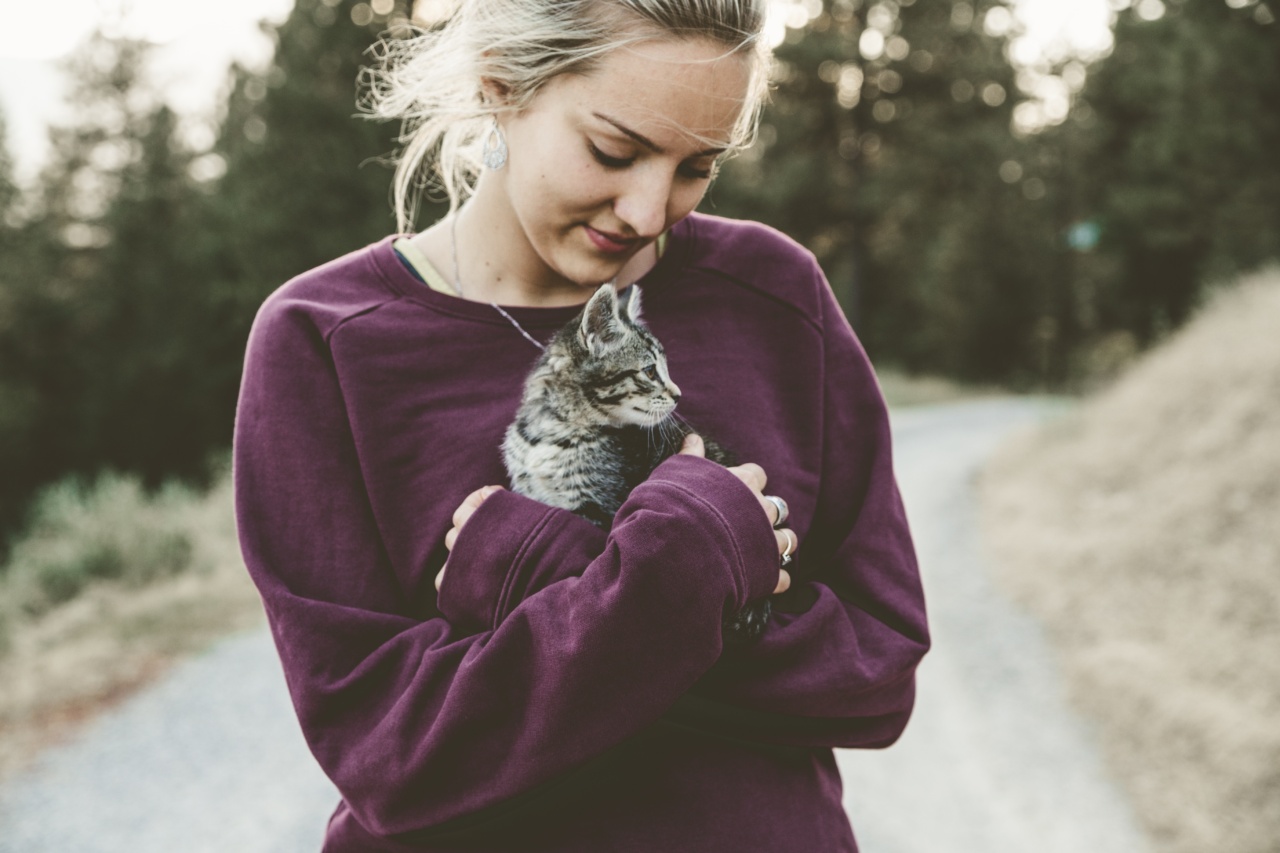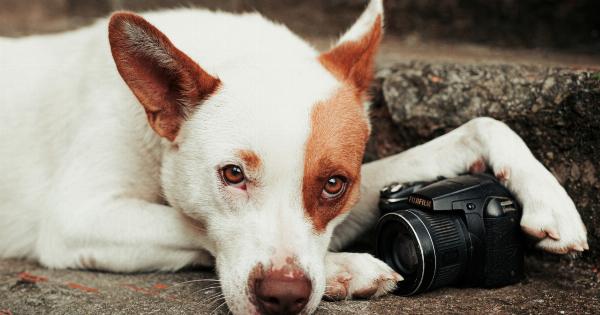Winter can be tough on pets, especially those who spend a lot of time outside. It’s important to take extra precautions to keep your furry friend healthy during the colder months.
Here are ten essential points to remember when caring for your pet in winter:.
1. Keep Your Pet Warm and Dry
When it’s cold outside, make sure your pet has a warm and dry shelter to retreat to. This could be a cozy bed inside your house, or an insulated doghouse outside.
Make sure your pet has clean, dry bedding to snuggle into, and avoid using electric heaters or blankets, which could be a fire hazard. Be sure to towel dry your pet after outdoor activities to prevent hypothermia and frostbite.
2. Protect Your Pet’s Paws
Cold temperatures, snow, and ice can all be harsh on your pet’s paws.
Protect their feet with booties or a protective wax, and wipe their feet with a warm, wet cloth after outdoor activities to remove any ice, salt, or chemicals they may have picked up.
3. Keep Your Pet Hydrated
During winter months, it’s important to keep your pet hydrated. Cold weather can cause dehydration just as much as hot weather can.
Make sure your pet has access to clean, fresh water at all times, and consider adding a hydration supplement if necessary.
4. Adjust Your Pet’s Diet
During the winter, your pet may need to eat more in order to maintain their energy and body heat. Consult with your veterinarian to determine the appropriate amount and type of food to feed your pet during the colder months.
5. Limit Outdoor Activities
While it’s important for your pet to get exercise, try not to overdo it during the winter months. Shorter walks or indoor playtime may be more appropriate, especially during extreme weather conditions.
Be sure to supervise outdoor playtime to ensure your pet’s safety.
6. Be Prepared for Emergencies
Winter storms and power outages can happen unexpectedly, so make sure you have an emergency kit for your pet that includes food, water, medications, and other necessary items.
Also, make sure your pet is microchipped and wearing identification tags in case they become lost or separated from you during an emergency.
7. Beware of Antifreeze
Antifreeze is poisonous to pets, and unfortunately, it has a sweet taste that may attract them. Make sure to keep all antifreeze bottles tightly sealed and out of your pet’s reach.
If you suspect your pet has ingested antifreeze, seek veterinary attention immediately.
8. Watch for Signs of Hypothermia and Frostbite
Hypothermia and frostbite are both serious conditions that can affect pets during cold weather. Watch for signs such as shivering, lethargy, and pale or discolored skin.
If you suspect your pet has either of these conditions, seek veterinary attention immediately.
9. Maintain your Pet’s Immune System
Cold weather can take a toll on your pet’s immune system.
Make sure your pet is up to date on all vaccinations and take extra precautions to prevent the spread of illness, such as washing your hands frequently and avoiding contact with sick animals.
10. Keep Your Pet’s Grooming Routine
It’s still important to keep up with your pet’s grooming routine, even during the winter months. Regular brushing can help remove any loose fur and dirt, which can help regulate your pet’s body temperature.
Also, keeping your pet’s nails trimmed can prevent them from slipping on ice or snow.






























